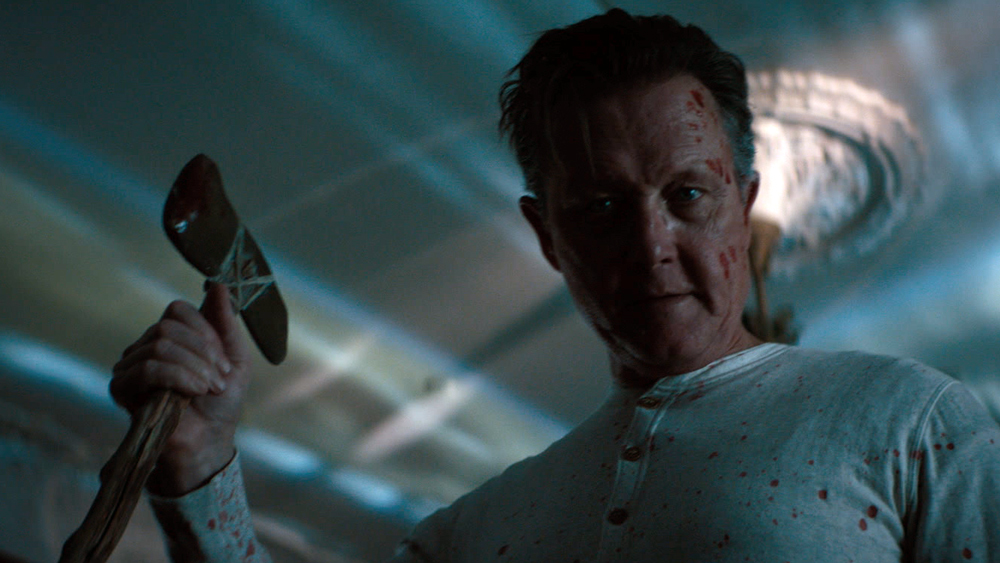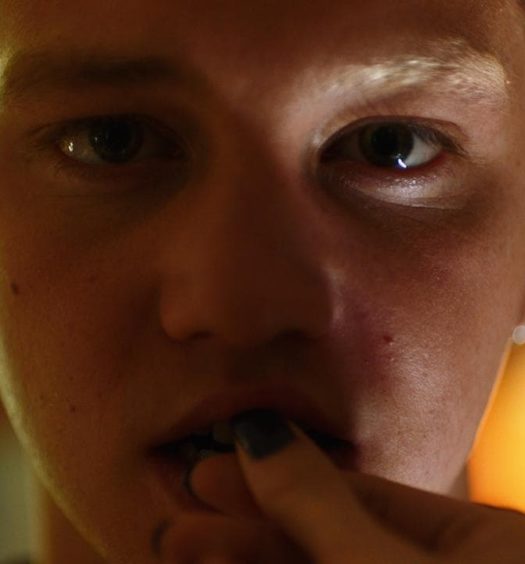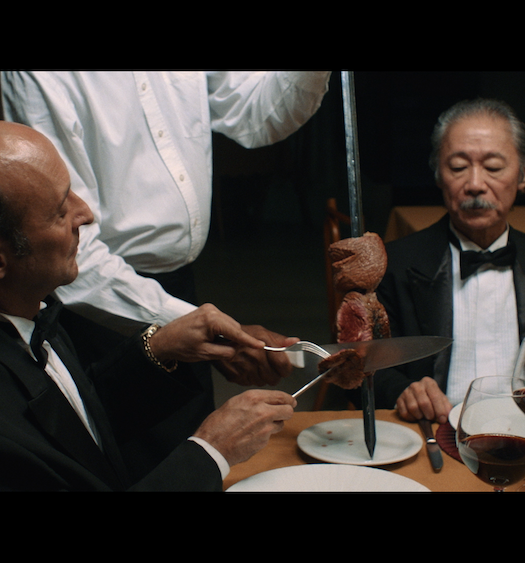The era of Trump-inspired horror films is officially here.
Yes, Get Out kicked off the cinematic parallels of the Donald Trump presidency in grand fashion, and others not too far behind it, but our current political climate can be connected to age-old moral themes. (12 Angry Men is just as timely today as it was in 1957, unfortunately.)
More importantly, though, is that filmmaking is a years-long process. Peele wrote, shot, and virtually finished his debut feature while Obama was in the White House. Now that we’re more than two years removed from that fateful day in November of 2016, genre films are catching up—and some filmmakers aren’t pulling their punches.

Olive does what anyone her age would when faced with a dogpile of hardships: she runs away from them.
Enter Richard Bates Jr., the rising genre director behind Trash Fire and Excision. He’s got a lot on his mind when it comes to the Baby Boomers who largely enabled Trump’s victory—and the Millennials who’ve largely raged against it. And in his newest feature, Tone-Deaf, he personifies the two generations and pits them against each other, with no mercy or diplomacy to be found.
The story begins with Olive (Amanda Crew), a young woman in Los Angeles who just broke up with her boyfriend, just got unjustly fired by her misogynistic new boss, and she’s still being spooked by apparitions of her father, who committed suicide when she was a child. So she does what anyone her age would when faced with a dogpile of hardships: she runs away from them, of course.
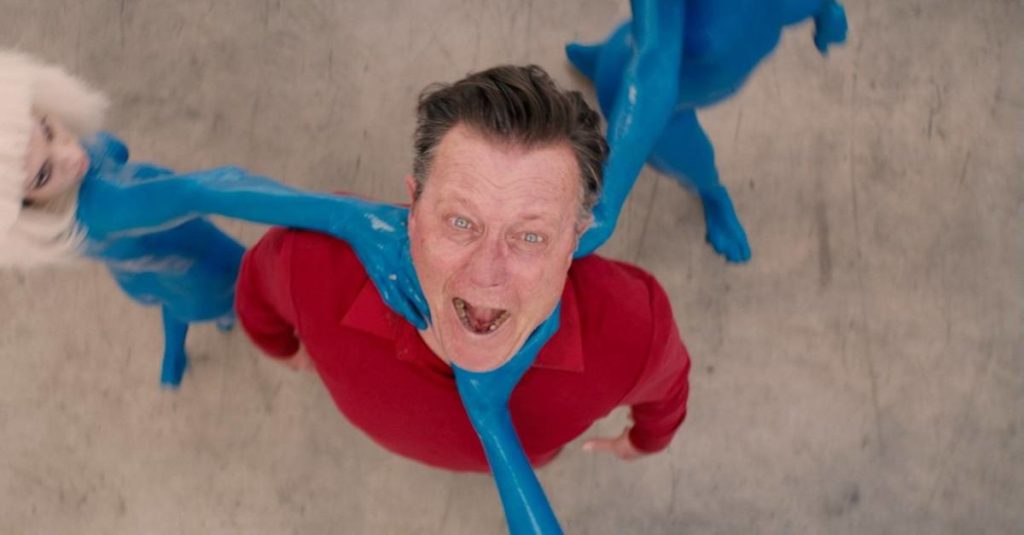
Harvey’s dreams are essentially abstract interpretations of a “this is the future liberals want” meme.
As luck would have it, the man she rents her vacation home from happens to be a lunatic. Harvey (Robert Patrick) is an older man who, while estranged from his son and mourning his wife, finds himself alone. He’s traveled the world, he’s loved a woman, and he’s worked hard for everything he has—but he’s never killed anyone.
Harvey is also the main vessel for the film’s unrestrained plunge into sociological satire. In fact, the first time he’s introduced, it only takes a couple minutes before Harvey breaks the fourth wall and speaks directly to the audience. He’s quick to let us know that he’s fed up with Millennials, a “whole generation of spoiled fucking brats.” This device is balanced weirdly but appropriately by a series of dreams, essentially abstract interpretations of a “this is the future liberals want” meme.

Bates Jr.’s sharp dialogue, interesting characters, and dark sense of humor help the film stand out in the midst of a crowded field of generation-gap thrillers.
These stylistic and narrative choices are perhaps why the film doesn’t coalesce into something greater, but they’re also a strength of the film and a big plus in the entertainment factor. Bates Jr. really goes for it, adding flare that bigger and safer directors wouldn’t consider—along with the sharp dialogue, interesting characters, and dark sense of humor that he’s known for—and it helps the film stand out in the midst of a crowded field of generation-gap thrillers this year.
Ultimately, whether or not Tone-Deaf succeeds as a political statement is kind of beside the point. Bates Jr. isn’t saying anything new because he isn’t trying to; he’s boiling down the essence of our current political tension and using it to ratchet up the terror. This is entertainment, not discourse, all the more cathartic for allowing its audience to unplug and indulge.
Tone-Deaf hits theaters and On Demand Friday, August 23rd.
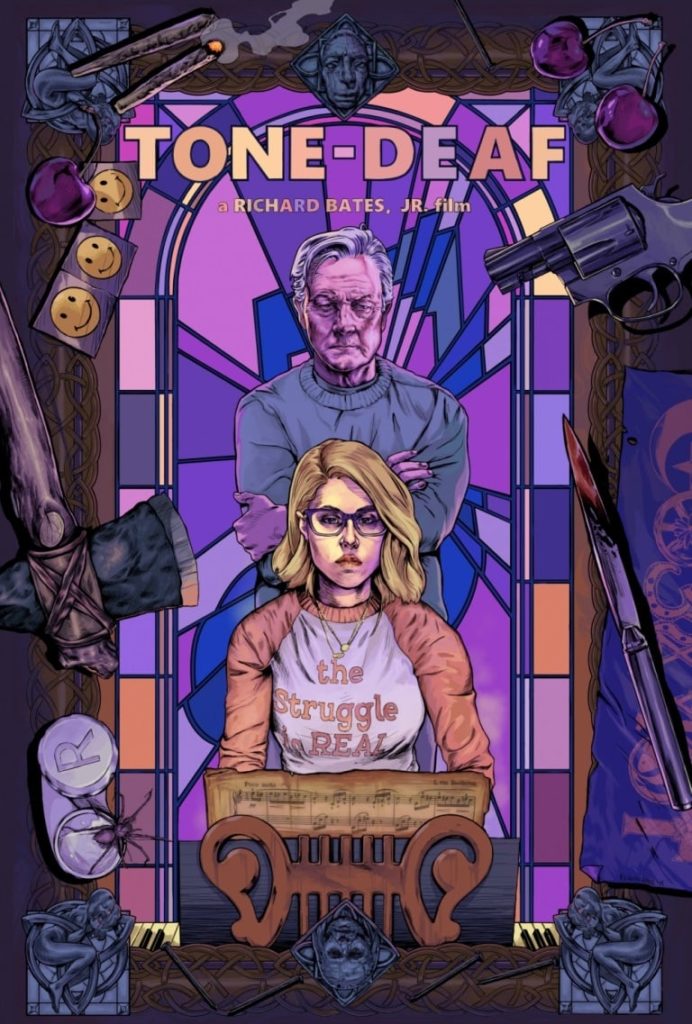
‘Tone-Deaf’ is the Boomers vs. Millennials Thriller You’ve Been Waiting For [Review]
Militant
While Tone-Deaf doesn’t exactly inspire a nuanced political discourse, it uses the Boomers vs. Millennials framework to craft a wild, effective thriller.

